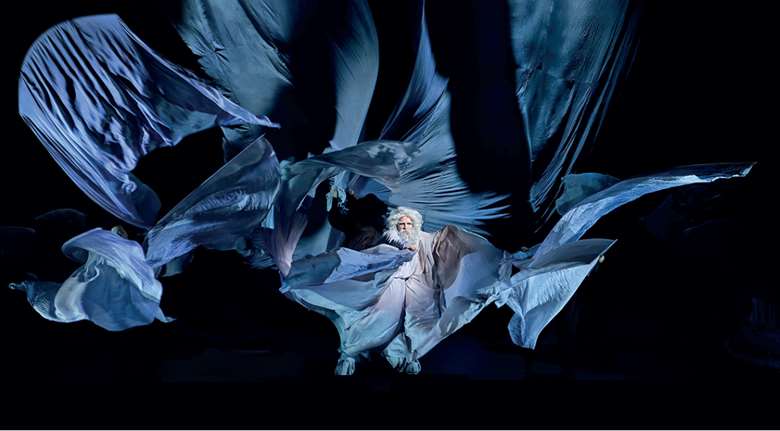Mondonville: Titon et l'Aurore (Château de Versailles Spéctacles, Paris) | Review
Colin Clarke
Friday, September 2, 2022
Christie and Les Arts Florissants’ ability to conjure up each rhetorical gesture was impeccably captured, right from the dynamic contrasts of the impeccably delivered Ouverture

Register now to continue reading
This article is from Opera Now. Register today to enjoy our dedicated coverage of the world of opera, including:
- Free access to 3 subscriber-only articles per month
- Unlimited access to Opera Now's news pages
- Monthly newsletter






